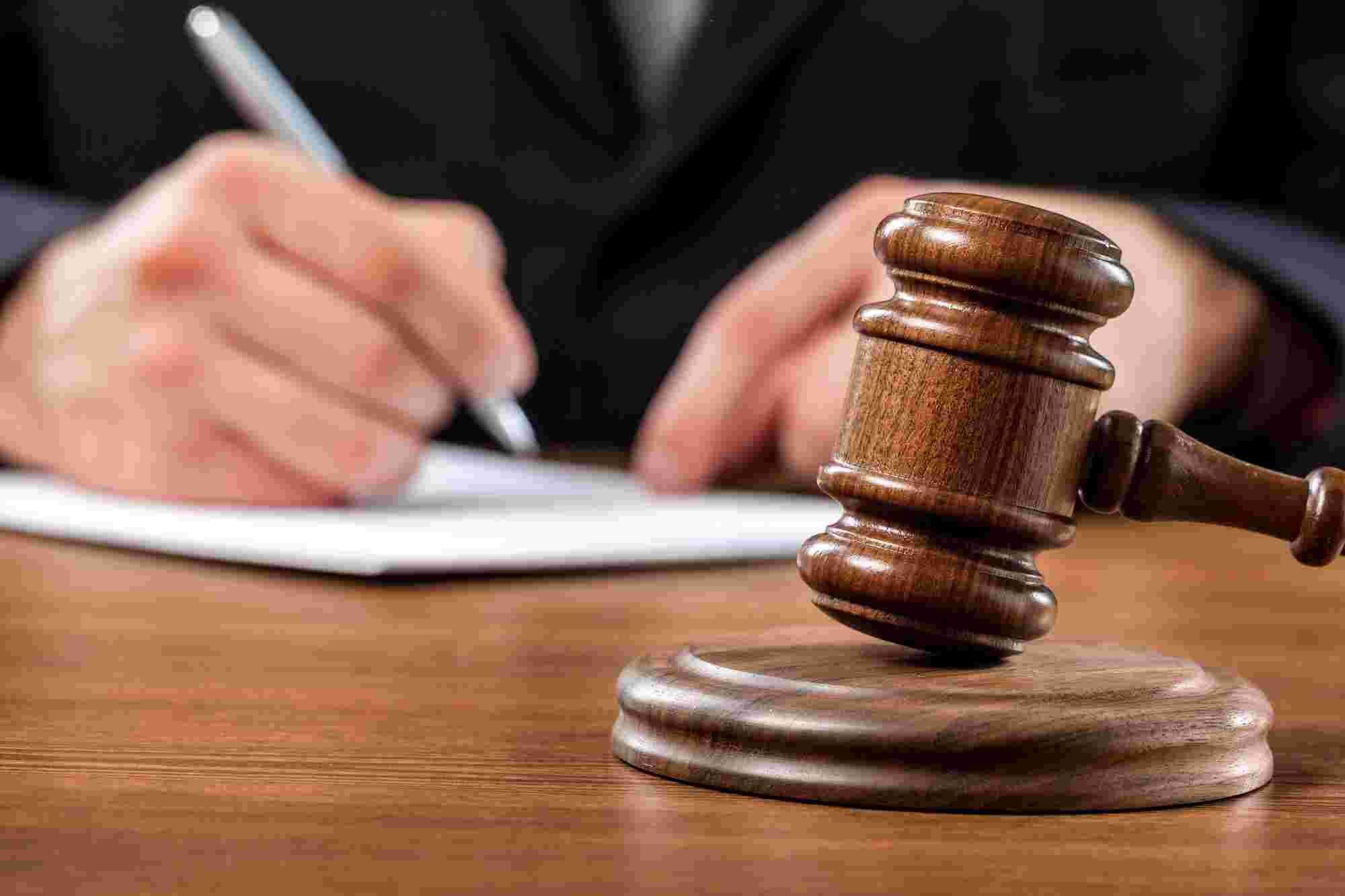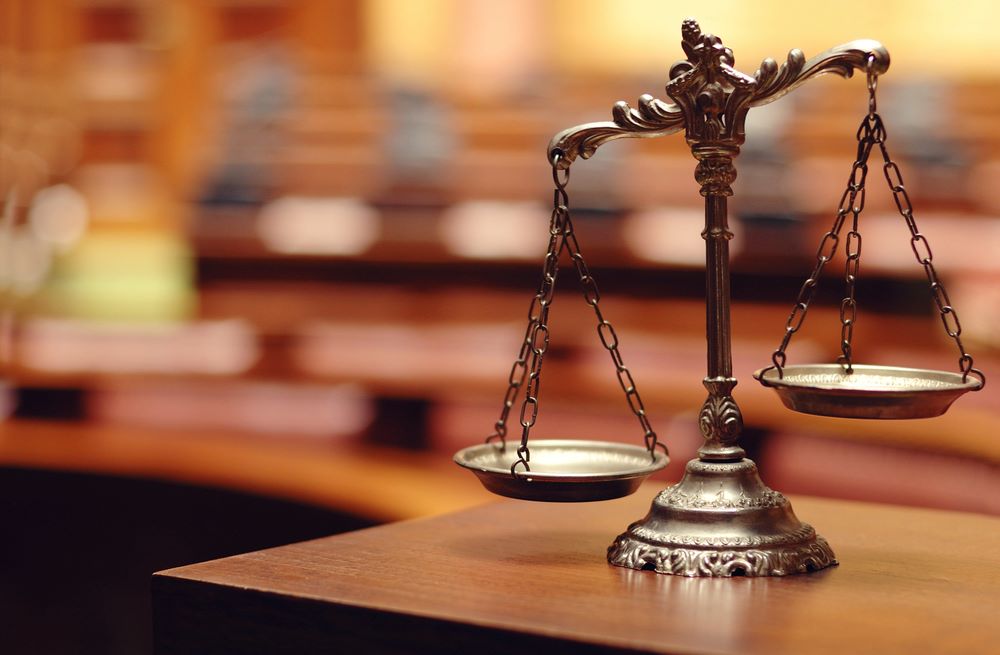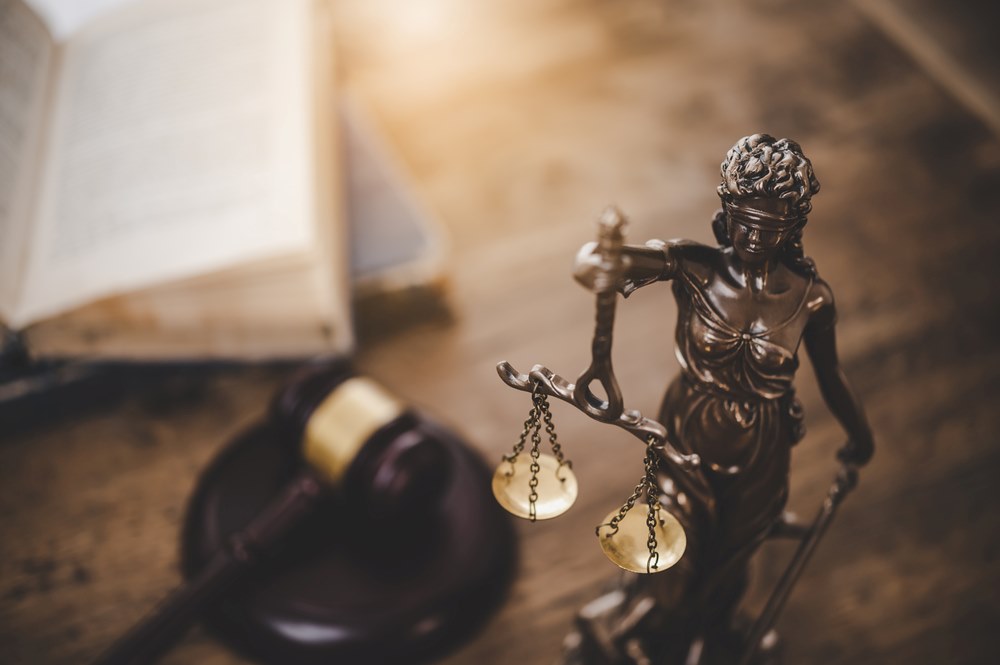Understanding Federal Crimes
Federal crimes are serious offenses prosecuted at the federal level by the United States government. Understanding what constitutes a federal crime, how these crimes are prosecuted, and the consequences of a conviction can be crucial for anyone facing federal charges. This article explores the various facets of federal crimes, including their definitions, legal consequences, and the federal criminal justice process.
What Are Federal Crimes?
Definition and Legal Overview
Federal crimes violate laws enacted by the federal government of the United States. These offenses fall under the jurisdiction of federal courts and include a wide range of criminal activities that cross state lines or affect national interests. Examples include drug trafficking, fraud, and cybercrimes. The U.S. Code codifies federal statutes and outlines these offenses and the corresponding penalties.
Differences Between Federal and State Crimes
The primary distinction between federal and state crimes lies in the jurisdiction and the governing laws. Federal crimes violate federal statutes, while state crimes violate state laws. Federal agencies, such as the FBI and DEA, investigate and prosecute federal crimes, whereas state and local authorities handle state crimes. Additionally, federal courts have exclusive jurisdiction over federal offenses, while state courts handle violations of state law.
Jurisdiction of Federal Courts
Federal courts have jurisdiction over cases involving federal crimes, disputes between states, and cases involving federal law. This jurisdiction ensures that serious crimes that impact national interests are prosecuted consistently across the country. Federal jurisdiction is defined by the U.S. Constitution and federal statutes, giving these courts authority over specific cases.
Common Types of Federal Crimes
Federal crimes encompass a broad spectrum of offenses. Here are some common categories:
Drug Trafficking
Drug trafficking involves the illegal distribution or sale of controlled substances. Federal authorities take This offense seriously due to its impact on public health and safety.

White-Collar Crimes
White-collar crimes include non-violent offenses committed for financial gain, such as embezzlement, insider trading, and money laundering. These crimes are often complex and involve substantial monetary losses.
Fraud and Embezzlement
Fraud and embezzlement involve deceitful practices to gain unauthorized benefits. Common types include credit card fraud, bank fraud, and securities fraud.
Cybercrimes
Cybercrimes involve illegal activities conducted through electronic means, such as hacking, identity theft, and online fraud. The increasing reliance on technology has made these offenses a significant concern for federal law enforcement.
Terrorism and National Security Offenses
These crimes pose threats to national security and include activities such as terrorism, espionage, and acts threatening public safety. Federal agencies prioritize these cases to protect national interests.
Legal Consequences of Federal Crimes
Penalties and Sentences
Federal convictions carry severe penalties, often more stringent than those for state crimes. Federal sentencing guidelines determine sentences, including imprisonment, fines, and restitution.
Federal Sentencing Guidelines
The Federal Sentencing Guidelines provide a framework for judges to determine appropriate sentences for federal crimes. These guidelines aim to ensure consistency and fairness in sentencing.
Mandatory Minimums
Certain federal offenses require mandatory minimum sentences, which means judges must impose a minimum term of imprisonment regardless of mitigating circumstances.
Fines and Restitution
Federal sentences may include imprisonment, significant fines, and restitution payments to compensate victims for their losses.

Asset Forfeiture
Asset forfeiture allows the government to seize assets obtained through illegal activities. This can include cash, property, and other valuables linked to criminal conduct.
Impact on Criminal Record
A federal conviction can have long-lasting effects on an individual’s criminal record, impacting future opportunities and legal rights.
Long-Term Consequences
Employment Restrictions
A federal conviction may limit job prospects and professional opportunities, particularly in fields requiring security clearances or background checks.
Loss of Civil Rights
Convicted individuals may experience a loss of civil rights, such as voting rights and the ability to possess firearms.
Immigration Consequences
Non-citizens convicted of federal crimes may face deportation and difficulties with future immigration applications.
Federal Law Enforcement Agencies
Federal law enforcement agencies are crucial in investigating and prosecuting federal crimes. Key agencies include:

FBI (Federal Bureau of Investigation)
The FBI investigates various federal crimes, including terrorism, cybercrime, and public corruption.
DEA (Drug Enforcement Administration)
The DEA focuses on combating drug trafficking and abuse, working to enforce the controlled substances laws and regulations.
ATF (Bureau of Alcohol, Tobacco, Firearms and Explosives)
The ATF investigates and enforces federal laws related to firearms, explosives, and alcohol and tobacco trafficking.
DHS (Department of Homeland Security)
DHS addresses national security threats and coordinates efforts to protect the U.S. from terrorism and other hazards.
IRS (Internal Revenue Service)
The IRS investigates tax-related crimes, including tax evasion and fraud, ensuring compliance with federal laws.
The Federal Criminal Justice Process
Investigation and Indictment
Federal criminal cases begin with an investigation by federal agencies, followed by an indictment if sufficient evidence is found. An indictment formally charges an individual with a crime.
Arrest and Initial Appearance
Upon indictment, the defendant is arrested and brought before a federal magistrate for an initial appearance, where charges are explained and bail is addressed.
Grand Jury Proceedings
A grand jury reviews evidence to determine whether there is probable cause to proceed with charges. If so, the grand jury issues an indictment.
Pre-Trial Motions
Before trial, the defense and prosecution may file motions to address legal issues, such as the admissibility of evidence or dismissal of charges.
Trial
During the trial, both sides present evidence and arguments. A federal jury or judge then determines the defendant’s guilt or innocence.

Sentencing
The defendant is sentenced according to federal sentencing guidelines and applicable laws if convicted.
Appeals
Convicted individuals may appeal their case to a higher federal court if they believe legal errors occurred during the trial.
Defenses Against Federal Crimes

Constitutional Violations
Defendants may challenge federal charges on the grounds of constitutional violations, such as illegal search and seizure or self-incrimination.
Fourth Amendment (Search and Seizure)
The Fourth Amendment protects against unreasonable searches and seizures. Evidence obtained in violation of this amendment may be excluded from court.
Fifth Amendment (Self-Incrimination)
The Fifth Amendment ensures that individuals cannot be compelled to incriminate themselves. Defendants may invoke this right during questioning and trial.
Sixth Amendment (Right to a Fair Trial)
The Sixth Amendment guarantees the right to a fair trial, including the right to legal representation and an impartial jury.
Lack of Evidence
A defense might contend that the prosecution does not have enough evidence to establish guilt beyond a reasonable doubt.
Mistaken Identity
Defendants may claim they were wrongly identified as the perpetrators of the federal crime.
Entrapment
Entrapment occurs when law enforcement induces an individual to commit a crime they would not have otherwise committed. This defense challenges the prosecution’sprosecution’s actions.
Duress and Coercion
Defendants may assert they committed the crime under duress or coercion, forcing them to act against their will.
How to Choose a Federal Criminal Defense Attorney
Importance of Federal Court Experience
When facing federal charges, hiring an attorney with experience in federal court is crucial. Federal criminal defense requires specific expertise and knowledge of federal laws and procedures.
What to Ask a Potential Lawyer
Ask potential lawyers about their experience with federal cases, their approach to defense, and their track record of success.
Understanding Legal Fees and Costs
Understand the fee structure and costs of hiring a federal criminal defense attorney. This includes hourly rates, retainer fees, and additional expenses.
